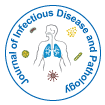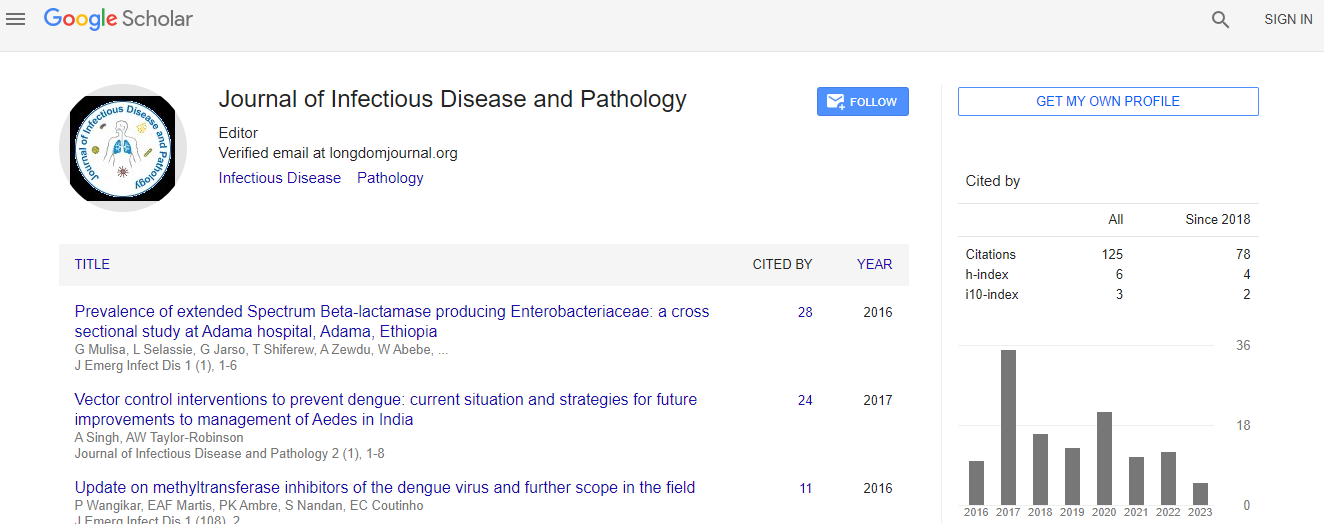Climate Change and its Influence on the Spread of Infectious Diseases
Abstract
Climate change is increasingly recognized as a significant driver of the spread and emergence of infectious
diseases worldwide. This abstract explores the multifaceted relationship between climate change and infectious
diseases, highlighting the various mechanisms through which climate variability and environmental changes influence
disease transmission dynamics. Rising temperatures, altered precipitation patterns, and extreme weather events
directly impact vector habitats, pathogen survival, and host-vector interactions, leading to shifts in the geographic
distribution and seasonality of vector-borne diseases such as malaria, dengue fever, and Lyme disease. Moreover,
climate change-induced disruptions to ecosystems, water resources, and agricultural systems can exacerbate food
insecurity, population displacement, and socio-economic disparities, creating conditions conducive to the emergence
and re-emergence of infectious diseases. The complex interplay between climate change, environmental degradation,
and human activities underscores the need for interdisciplinary approaches to address the health implications of climate
change and implement adaptation strategies to mitigate its impact on infectious disease transmission. Effective climate
change mitigation, coupled with investments in public health infrastructure, surveillance systems, and community
resilience, is essential for addressing the evolving threat of infectious diseases in a changing climate.

 Spanish
Spanish  Chinese
Chinese  Russian
Russian  German
German  French
French  Japanese
Japanese  Portuguese
Portuguese  Hindi
Hindi 